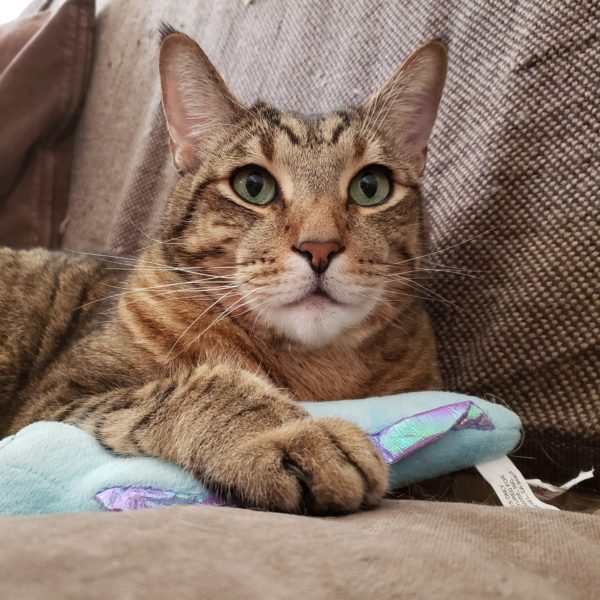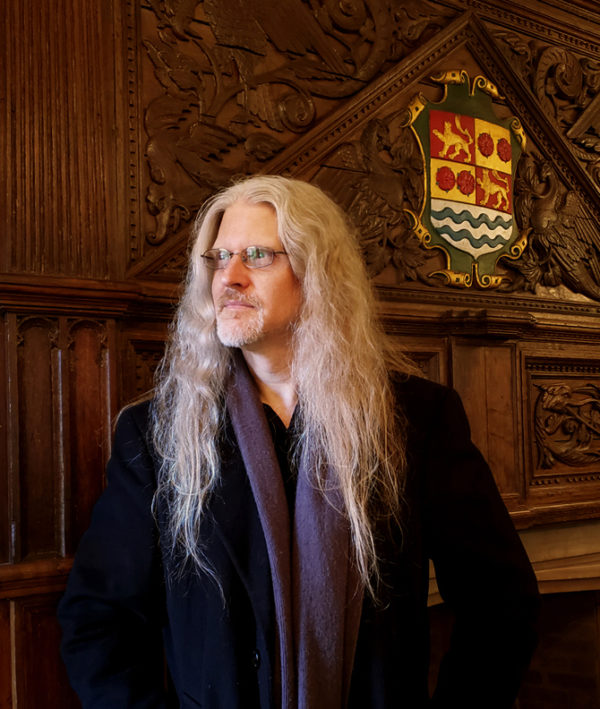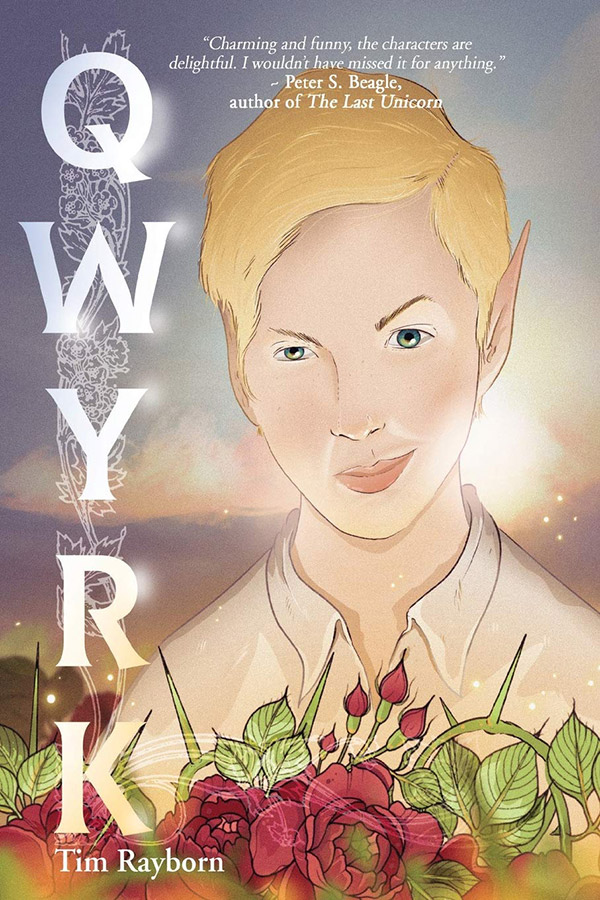Welcome to my weekly Author Spotlight. I’ve asked a bunch of my author friends to answer a set of interview questions, and to share their latest work.
Today, Tim Rayborn – Tim is a writer and internationally acclaimed musician. He plays dozens of unusual instruments that many people of have never heard of and often can’t pronounce, including medieval instrument reconstructions and folk instruments from Northern Europe, the Balkans, and the Middle East. He has appeared on over forty recordings, and his wanderings and tours have taken him across the US, all over Europe, to Canada and Australia, and to such romantic locations as Marrakech, Istanbul, Renaissance chateaux, medieval churches, and high school gymnasiums.
On the writing side of things, Tim lived in England for nearly seven years and has a Ph.D. from the University of Leeds, which he likes to pretend means that he knows what he’s talking about. He has written more than thirty books and an equal number of magazine articles about music, the arts, history, general knowledge, the unexplained, and business, and undoubtedly will write more (whether anyone likes it or not).
He currently resides in Northern California amid many books, antique music reproduction devices (that is, CDs), and instruments, and with a sometimes-demanding cat. He’s also rather enthusiastic about good wines, single-malt Scotch, and cooking excellent food.
Website: https://timrayborn.com
Twitter: https://twitter.com/Tim_Rayborn
Facebook: https://www.facebook.com/TimRaybornMusicandWriting
Instagram: https://www.instagram.com/rayborn.esoterica
Thanks so much, Tim, for joining me!
J. Scott Coatsworth: How would you describe your writing style/genre?
Tim Rayborn: I write in several genres, mainly non-fiction, with Qwyrk being my first published novel. Though I’ve written on a number of topics, my main interest is in history and general knowledge, often with a bit of a strange, bizarre, and grotesque spin. I love uncovering weird stories and facts from centuries past (as well as more recently) and sharing them with readers! Two other books I have upcoming are a compendium of paranormal accounts and a book about end-of-the-world stories and scenarios from both myth and science.
JSC: Have you ever taken a trip to research a story? Tell me about it.
TR: Qwyrk is set in a fictional Yorkshire town, based on the real and very charming town of Knaresborough. When I loved in Yorkshire, it was a favorite place of mine to go and spend a nice day out. So a few years ago, when I was back in York, I wanted to spend some time there, and had a great day wandering around its little streets, and taking in the spectacular views over the River Nidd by its medieval castle. It wasn’t so much research (since I’d already written the book), but a way of refreshing my memory to make sure that I had some details right, and to note where they differed.
JSC: Do you read your book reviews? How do you deal with bad or good ones?
TR: This is always a strange experience. I come from a professional music background, so I’m no stranger to concert and recording reviews, both good and bad. It’s tempting to want to read them, because you’re curious as to what people have to say, but it can also be upsetting if they’re negative. Generally, I’ll read book reviews from publications, such as Publisher’s weekly, Booklist, Library Journal, newspapers, and so on, but not read anything on Amazon or Goodreads. My personal practice is to simply not say anything about a book I don’t like, but many others have no qualms about being mean-spirited, even cruel, in their reviews. I think it’s better to ignore them.
JSC: What was the most valuable piece of advice you’ve had from an editor?
TR: When I was working on my non-fiction book, Beethoven’s Skull (dark and strange anecdotes from music history), I had an amazing editor at the publisher. It wasn’t any one thing, but she really helped me make it a better book by fixing the presentation, cutting entries that were not as strong, improving some of the language, and so on. If you have a great editor that you trust, it’s definitely worth setting aside your ego and listening to their suggestions!
JSC: What inspired you to write Qwyrk? What were the challenges in bringing it to life?
TR: I lived in Leeds (in Yorkshire) for many years, and have a great love of British history, folklore, customs, and traditions. I wanted to combine all of those into a contemporary fantasy that also blended in my love of classic British humor (Python, Blackadder, etc.) set in Northern England. It wasn’t challenging to write, but I had to set it aside for quite a while as other work took precedence. I actually first dreamed up the story back around 2006, but didn’t finally get around finishing the book until later 2017.
JSC: What pets are currently on your keyboard, and what are their names? Pictures?
TR: Hah! Well, there’s Mingo the cat (see the photo). He doesn’t sit on my keyboard (I have both a laptop and a desktop), but he has been known to perch at the edge of the couch behind me and “meow” to get my attention. If I give it to him, he’s satisfied for a few minutes and then comes back to start the process all over again. It’s a no-win situation; I just have to give in.

JSC: What’s your writing process?
TR: I’m a professional writer by day. I work as a writer-for-hire for various publishers, doing popular non-fiction books, works for younger readers, how-to’s, some business books, and other topics as they come up. I also work on my own non-fiction, if I have projects at various publishers. I do that work on my desktop, with a larger monitor (good for online research and such). I usually start later morning, break for lunch, and then work through the afternoon. This kind of work is enjoyable, but five to six hours is enough in any given day. With fiction, I find it easier to write on a laptop, and that can be on the couch, in bed, etc. Some of my most productive fiction-writing time is late at night just before bed. Some people might recoil in horror and say you shouldn’t do that, but it works well for me. Everyone has to figure out what is best for them.
JSC: What fantasy realm would you choose to live in and why?
TR: So many of them sound appealing at first, but when you think about the practicalities, they become “nice places to visit” instead. I mean, would anyone really want to live in Westeros, with its endless political scheming? Or Lyra’s Oxford, under the oppression of the Magisterium? Even middle Earth has its drawbacks. I always thought eh world of Faerȗn in the Forgotten Realms series of books could be fun, but without modern conveniences, it would get annoying really quickly! I think a contemporary fantasy setting, where one could enjoy one’s life but still have a touch of magic and wonder would be the best option.
JSC: Would you visit the future or the past, and why?
TR: Being a historian, the past of course! I have so many questions about everything, and having spent a good portion of my life also performing early music (medieval and Renaissance especially), I’d be very interested to know how close modern scholarship and interpretation is to how this music actually sounded. Of course, I wouldn’t want to be around for plagues, the Inquisition, famines, or any other unpleasant happenings, so I’d need a quick escape plan. It’s easy to romanticize the past, but we need to understand the struggles our ancestors went through, and understand that living in the past is probably not something we’d want to do, no matter how nostalgic we might feel.
JSC: What’s your drink of choice?
TR: I fancy myself as something of a wine enthusiast and single malt scotch appreciator. In addition to the magnificent flavors found in both, I appreciate the art and the craft that goes into producing them. There is so much history, labor, and love in just a single bottle of wine or whisky; understanding how that particular drink came to be made only enhances one’s appreciation. As for write drunk, edit sober? That may or may not be true; it’s up to each author to determine if they so wish!
And now for Tim’s new book: Qwyrk:
Qwyrk is having a bad day; several, in fact. One of the Shadow folk tasked with keeping an eye on humanity, she’s ready for a well-earned break in Yorkshire, but now she’s (literally) run into a girl, Jilly, who just saw something quite supernatural and truly awful happen in her town. As Qwyrk tries to unravel the mystery, layers of villainy are exposed, and she’s stuck with an assortment of unlikely folk that she’d rather not have “helping” her. Together, they confront ancient magic, medieval conspiracies, and the possible end of the world (that again?). It’s not the holiday Qwyrk was hoping for!
QWYRK is the first in a series of four novels about the adventures of a group of misfits at the edge of reality in modern northern England, a world of shadows, Nighttime Nasties, sorcery, intergalactic councils, tacky nightclub attire, Monty Pythonesque humor, and even elves… though they are a bit silly.
“Charming and funny, the characters are delightful. I wouldn’t have missed it for anything.” ~ Peter S. Beagle, author of The Last Unicorn
“In times when we all need distraction, here is a tale to take your mind off your troubles for a while.” ~ Diana L. Paxson, author of Sword of Avalon
Publisher | Amazon | Amazon UK | iBooks | Barnes & Noble | Kobo | BooksAMillion | Waterstones | Blackwells
Excerpt
“Didn’t you ever believe in fairies and such when you were younger?” Qwyrk asked.
“Sort of, I suppose,” Jilly answered. “But since I never saw one, I guess I didn’t think much about it. I remember hearing about those ‘Cottingley fairies,’ and how it was all made up with paper dolls, so I guess after that, I never thought about it much.”
“Oh, no, they were real.”
“What?”
“The Cottingley fairies, they were real. Edith, Emma, and Ethel. They’ve been known to be a right pain in the arse, as well. Oh sorry, I shouldn’t be saying words like that around you.”
“It’s all right, I say it all the time. You mean they were real?”
“Oh yeah. I just spoke to them a few months ago. They still get giggles about the whole thing. They did it on a bet with their boyfriends, who were gnomes, you see. Gomer, Godfrey, and Abner.”
“Abner?”
“Never mind. The point is they bet their blokes that they could get photos taken of them, and people would believe them. A lot did, including that Arthur Conan Doyle chap, who was right smart. He knew they were real.
“The important thing is, that all of those things children see and imagine are real. Well, most of them. Thank Goddess those bloated things in those colored jump suits with television antennae on their heads aren’t real, or I’d be leaving for another dimension, let me tell you! Also, you’re not going to get to my world by pushing your way through the back of a wardrobe. But most of the other things are real, like when children have imaginary friends that grown-ups can’t see.”
Just then, Jilly looked over Qwyrk’s shoulder and squinted. Qwyrk saw that she had a perplexed look on her face, and turned to look in the same direction.
“What’s that?” Jilly asked, pointing to a small figure standing in the corner of the room. It seemed to have appeared out of the blue, and wasn’t making any effort to conceal itself.
It was a mottled avocado green, shaped like a frog with a pudgy face. Very like a frog face. Except for the bushy eyebrows. And the mutton chop beard. And the beefeater moustache.
“Oh no, oh Goddess, no,” moaned Qwyrk, a look of mingled frustration and mild horror falling over her face.
“Oh no, what?”
“That’s Blip,” Qwyrk said with annoyance. “Blip?”
“A jirry-jirry,” Qwyrk answered.
“A what?”
“A jirry-jirry.”
“What’s that?”
“An imaginary friend, like I said. Lots of children have them.”
“I don’t.”
“Well, lots do.”
“But he’s not imaginary. I can see him!”
“Yes, but that’s what people call them.”
“Why?”
“Because parents can’t see them, so they assume they’re imaginary.”
“But you can see him.”
“I’m not a parent. And they only come around if children imagine them.”
“Then why is he here?”
“What do you mean?”
“You just said he was real!”
“What?”
“That, that… Blip. You said he was real.”
“Yeah, so?”
“So, if he’s real, how come he has to be imagined?”
“What?”
“You just said that he only comes around if you imagine him, but I didn’t, and if he’s real, why doesn’t he just come around anyway?”
Qwyrk was getting a headache, which was rather remarkable, considering that Shadows don’t get headaches.
Jilly looked at Blip again. “I’m quite sure I don’t have that much imagination.”


